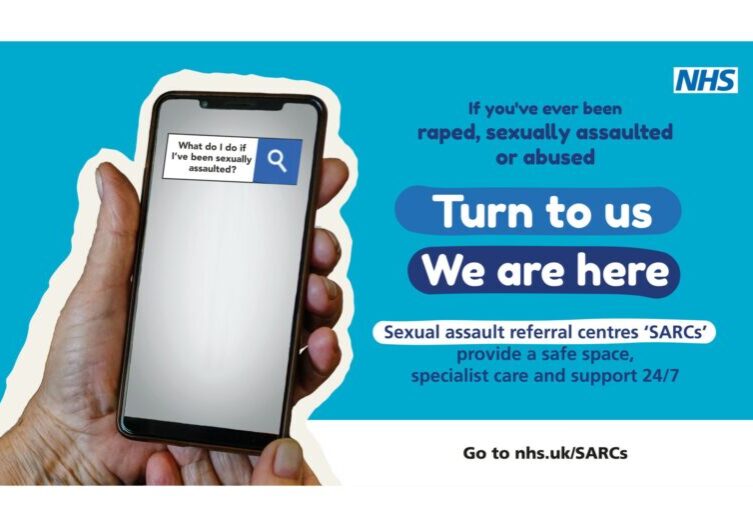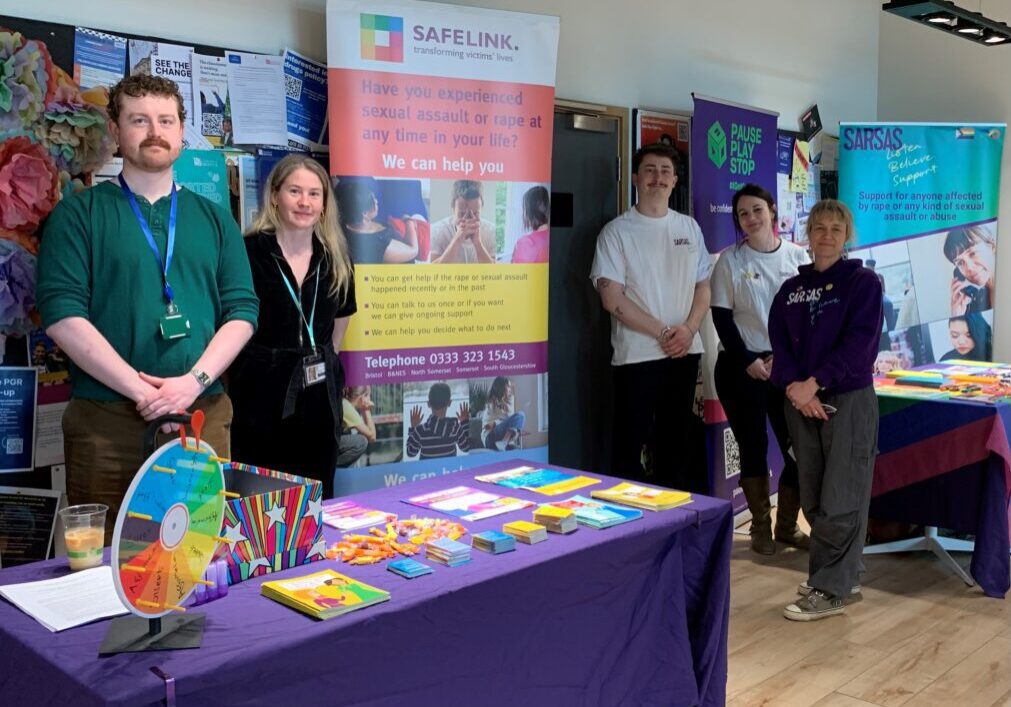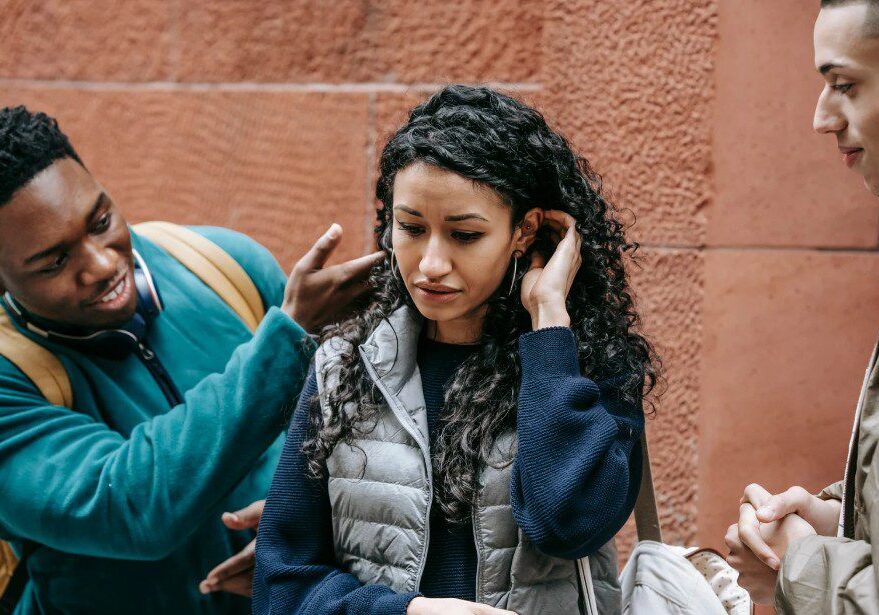Group work
Group support can be an empowering and healing experience.
Our groups are spaces to learn and connect with others. They are safe spaces where we will always believe you.
Lots of people can feel nervous or unsure before going to a support group. We’ve made a video about our groups to answer some of the questions people have about them:
Information about our groups
Our groups are run by experienced staff who understand the challenges that being a survivor can bring.
Our groups are trans inclusive and wheelchair accessible. If you’d like to take part and have accessibility needs, please get in touch
For more information on our groups, contact us on 0117 929 9556 or fill out our support form.
What groups do you offer?
Our groups fall into two main types:
Learning and information groups
These are nurturing spaces to help you understand how sexual violence may have impacted you. In a small group you would look at things like:
- Learning more about different responses to trauma
- Looking at boundaries and relationships
- Developing self-esteem and self-care
- Supporting you to feel more empowered in your life and move forwards
“[After the group] I feel more confident talking about my experiences and feel more capable to take action for what is right for me”.
Self-care groups
These groups are focused on healing through a particular activity, like art, cookery, creative writing or trauma-informed yoga in a supportive environment with others.
These groups are delivered by us sometimes in partnership with other professionals or survivors who have previously used our services and are now sharing their skills to support others.
The benefits
There are many benefits from engaging in a SARSAS group. Here are some of the ones that group members have told us about:
- It can help you feel less alone
- It can help you develop tools for coping
- Supporting other people in the group can help you to say the kind things you might need to say to yourself
If you would like to come to one of our groups, you can complete our online request for support form and we will get in touch to arrange an initial assessment appointment.
Who attends our groups?
Our groups are for women, non-binary, or intersex people aged 18+. At SARSAS, we are proudly trans-inclusive, and all our women-only services include trans women and non-binary people who identify that women’s services are right for them. We do not currently run any groups for men but hope to provide them in the future.
Before attending a group you may wonder who else will be there. Aside from the above restrictions on age and gender, a wide range of people from all backgrounds attend our groups, with diverse religions or beliefs, ethnicities, disabilities and long-term health conditions, sexual orientations and gender identities. We work hard to make our group spaces respectful, supportive and welcoming to everyone wishing to attend.
“It has given me a safe space to be and create with like-minded people. This has helped me to overcome anxiety and agoraphobia and feel very grateful for this experience.”
“At yoga I have received what I was yearning for, and that something is ‘peace’”
Useful resources
Useful links
In this section
The latest from our news and blogs

What is a sexual assault referral centre (SARC)?
A SARC can offer free, confidential medical, practical and emotional support to people who have been raped, sexually abused or assaulted at any point in their lives. They’re usually provided by the NHS, but will always have specially trained doctors, nurses and support workers.




